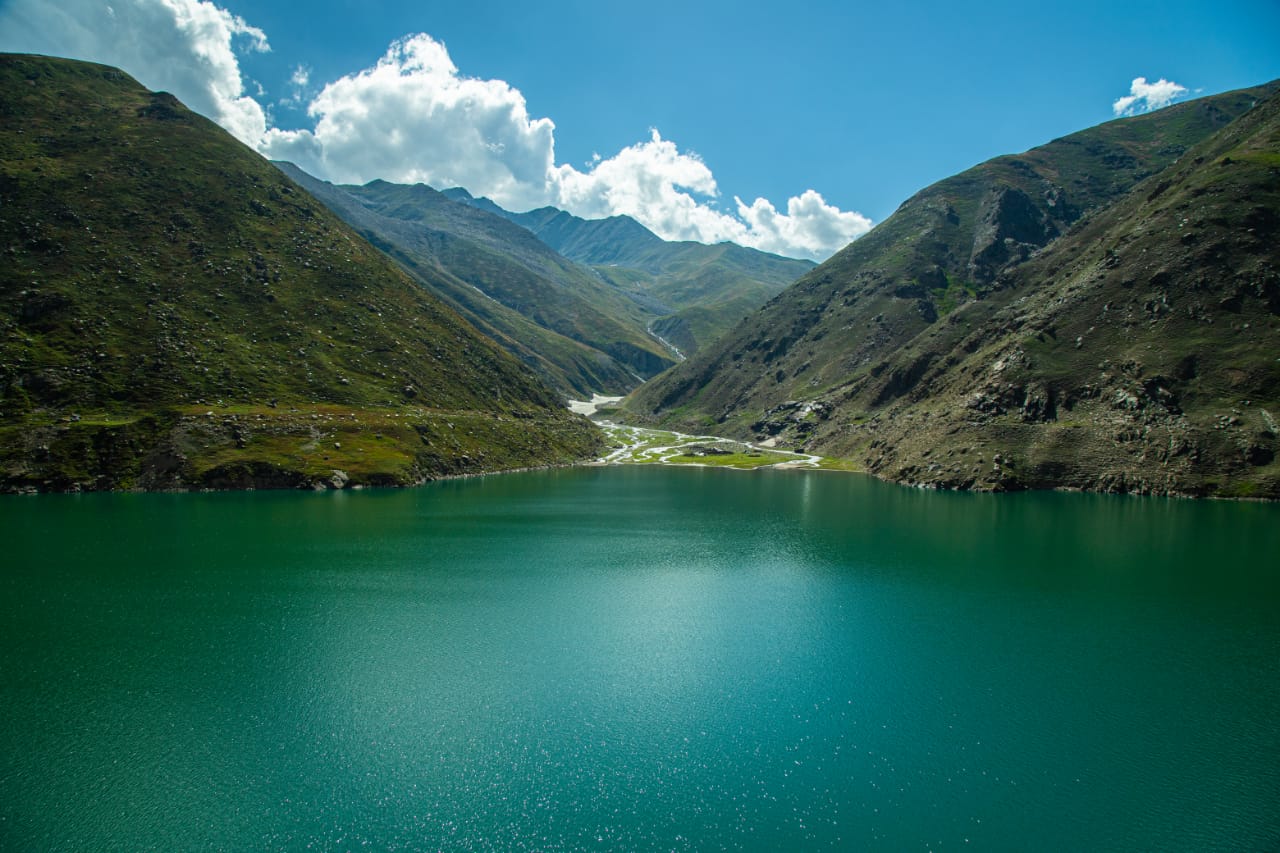
There is no denying or hiding behind the fact that climate change is real and poses an existential threat to human civilization. The recent floods in Pakistan are a material witness to the fact that climate change is wreaking havoc and causing destruction at an unprecedented level.
The impact of the devastation caused by climate change-related calamities will only multiply with each passing day. The worst part is that the victims of climate change are people who have the least to do with causing it.
The rich, developed and industrial countries are the biggest emitters and polluters, however, the victim states are more often than not developing countries. The effects of climate change are not just limited to environmental or financial challenges but the impact it will have on migration, demography changes, socio-cultural anxieties, and political discourse is something that requires critical examination.
We are at a point where the UN Secretary-General warned that the world risks crossing the point of no return on climate change, with disastrous consequences for people across the planet and the natural systems that sustain them.
With human civilization on the brink of extinction, it is plausible to expect the developed world for more leadership and greater ambition for climate action, to reverse course. Unfortunately, that is exactly what seems to be missing. Because if preventive measures are not taken and creative policies are not adopted the natural calamities will be the least of our problems.
As the victims of destruction are poor, under developed countries of global south, the migration cycle will hit true perpetrators i.e. the rich, and developed global north.
Migration:
The impact of climate change related calamities will upend cities and towns causing irreparable damage to infrastructure, agriculture, and logistical support system alongside human life.
This situation will create hunger, famine, poverty, and disease which will lead to mass migration from disaster stricken poor countries to developed world. Their capacity to absorb and accommodate the sheer number will be utterly exposed.
In the aftermath of Syrian and Libyan civil war, a major migration crisis that global north faced was handled poorly and without compassion. They ought to remember the next crisis would be of unfathomable scale and that too without a fallback option.
Pakistan is currently going through massive displacement of millions of people. These people are called ‘internally displaced people’ (IDPs). The current situation is creating mass displacement across northern and southern Pakistan. If the current trend continues, it won’t be long enough before Pakistan runs out of places to resettle the displaced populous.
Demography Change:
Another phenomenon associated with migration is demography change. The last great migration crisis manifested the xenophobia and naked racism of western, developed world.
The mass migration which is expected in result of climate change related disasters would be unheard of. It will radically alter the demographic composition of western world which will bring out the worst tendencies and impulses in society.
Same is the case with Pakistan, it is not a homogeneous nation. There are glaring ethnic and linguistic fault lines that are already creating social unrest. The demographic change which would the result of mass migration will further create civil chaos.
Socio-cultural Anxieties:
The fear of others and outsiders is deeply rooted in human nature. The core rationale of civilization is centered around shared community practices. The influx caused by mass migration will
The nexus between displacement by climate induced calamities and civil conflict cannot be ignored. Displacement might not trigger any major conflict on its own but it will not only prolong the existing conflict, it will enflame the socio-cultural fault lines.
One cannot ignore the human security paradigm. Climate change can undermine the state’s capacity to provide opportunities and services which are essential to livelihood. Secondly, climate change damages human security by curtailing access to natural resources and marring the quality of natural resources. Third is that climate change affects the state’s capacity to ensure people’s livelihoods. Thus resulting in resource war among the population.
Political Discourse:
In recent years the political discourse across the globe has turned radically ultra nationalist. Political lingua franca went through rapid change. The xenophobia, islamophobia and hatred which was kept thinly wrapped in procedural complexities and double speak became apparent.
Climate change is rapidly becoming an existential threat for Pakistan. It is one of the most affected regions in the world. While having played no role in perpetuating this disaster. International community and developed world ought to share requisite technology and resources to mitigate destruction by climate change.
Complied by : Taimur Khan
Advertising disclosure: We may receive compensation for some of the links in our stories. Thank you for supporting LA Weekly and our advertisers.
